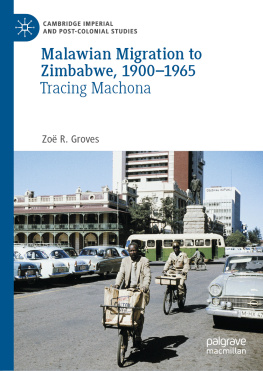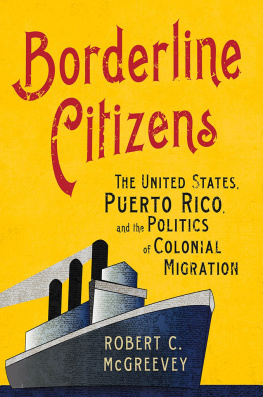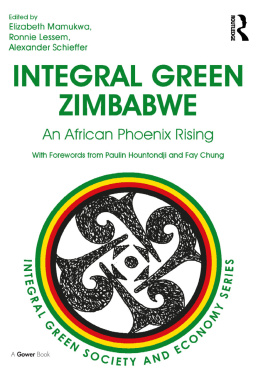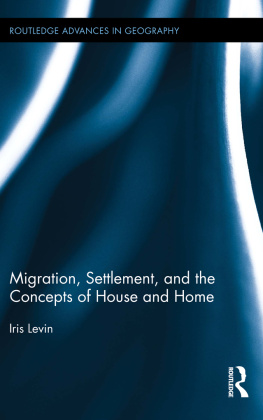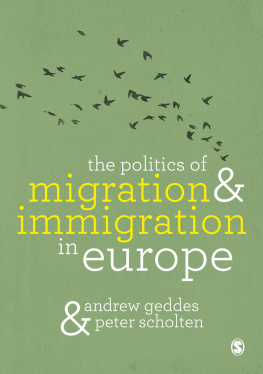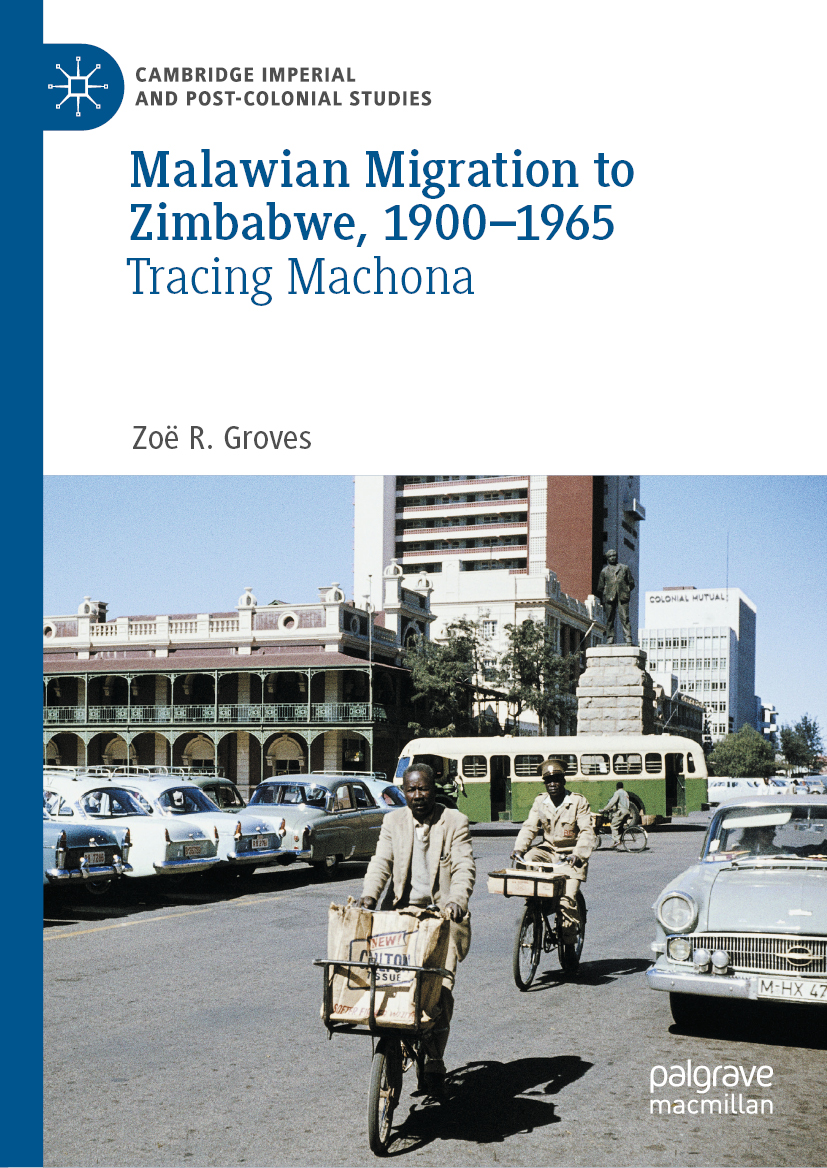Cambridge Imperial and Post-Colonial Studies
Series Editors
Richard Drayton
Department of History, Kings College London, London, UK
Saul Dubow
Magdalene College, University of Cambridge, Cambridge, UK
The Cambridge Imperial and Post-Colonial Studies series is a well-established collection of over 100 volumes focussing on empires in world history and on the societies and cultures that emerged from, and challenged, colonial rule. The collection includes transnational, comparative and connective studies, as well as works addressing the ways in which particular regions or nations interact with global forces. In its formative years, the series focused on the British Empire and Commonwealth, but there is now no imperial system, period of human history or part of the world that lies outside of its compass. While we particularly welcome the first monographs of young researchers, we also seek major studies by more senior scholars, and welcome collections of essays with a strong thematic focus that help to set new research agendas. As well as history, the series includes work on politics, economics, culture, archaeology, literature, science, art, medicine, and war. Our aim is to collect the most exciting new scholarship on world history and to make this available to a broad scholarly readership in a timely manner.
More information about this series at http://www.palgrave.com/gp/series/13937
Zo R. Groves
Malawian Migration to Zimbabwe, 19001965
Tracing Machona
1st ed. 2020

Logo of the publisher
Zo R. Groves
University of Leicester, Leicester, UK
ISSN 2635-1633 e-ISSN 2635-1641
Cambridge Imperial and Post-Colonial Studies
ISBN 978-3-030-54103-3 e-ISBN 978-3-030-54104-0
https://doi.org/10.1007/978-3-030-54104-0
The Editor(s) (if applicable) and The Author(s), under exclusive license to Springer Nature Switzerland AG 2020
This work is subject to copyright. All rights are solely and exclusively licensed by the Publisher, whether the whole or part of the material is concerned, specifically the rights of translation, reprinting, reuse of illustrations, recitation, broadcasting, reproduction on microfilms or in any other physical way, and transmission or information storage and retrieval, electronic adaptation, computer software, or by similar or dissimilar methodology now known or hereafter developed.
The use of general descriptive names, registered names, trademarks, service marks, etc. in this publication does not imply, even in the absence of a specific statement, that such names are exempt from the relevant protective laws and regulations and therefore free for general use.
The publisher, the authors and the editors are safe to assume that the advice and information in this book are believed to be true and accurate at the date of publication. Neither the publisher nor the authors or the editors give a warranty, expressed or implied, with respect to the material contained herein or for any errors or omissions that may have been made. The publisher remains neutral with regard to jurisdictional claims in published maps and institutional affiliations.
INTERFOTO / Alamy Stock Photo
This Palgrave Macmillan imprint is published by the registered company Springer Nature Switzerland AG
The registered company address is: Gewerbestrasse 11, 6330 Cham, Switzerland
Acknowledgments
This book would not exist were it not for the support and encouragement of many people. Thanks to Saul Dubow and Richard Drayton, and to the anonymous reviewers for their insightful comments on the proposal and the final manuscript. I am grateful to the members of the editorial team at Palgrave Macmillan who have enabled this process to go smoothly. Tracing Machona developed out of my Ph.D. thesis and doctoral research at Keele University, which was funded by the Arts and Humanities Research Council (AHRC). David Maxwell introduced me to Zimbabwean history as an undergraduate at Keele and inspired me to pursue African history to masters and doctoral level. I would like to thank David for his guidance and generous support throughout my academic studies and early career. I would also like to acknowledge the friendship and support of Shalini Sharma, my second supervisor at Keele, and many others from the Keele Postgraduate Association community.
Outside of Keele, I was immensely grateful to John McCracken for his advice and support when I began this research, and for introducing me to colleagues from the History department at the Chancellor College, University of Malawi. Kings Phiri, Hendrina Kachapila-Msosa, Wapulumuka Mulwafu and Wiseman Chijere Chirwa were welcoming and supportive during my visits to Zomba from 2007 onwards. This research would not have been possible without their support and guidance. Thanks to the staff at the Malawi National Archives in Zomba for their assistance on various trips to the archive reading rooms. Thanks also to the staff from the district offices who assisted Lucy Phiri and I with our oral history research. I would also like to thank my Chichewa teachers Alick Bwanali and Arnold Mboga. Learning Chichewa was a challenging but rewarding experience and taught me so much about Malawi, as well as enabling the research process to go more smoothly. Thanks to Lucy Phiri for being an excellent research assistant and for facilitating the interviews in Malawi in 2008. I am also grateful to Darlen Dzimwe for her enthusiasm and support with my research in 2018, for a behind the scenes tour of Lilongwe market and for teaching me how to cook nsima. I look forward to working together again on future research projects.
In Zimbabwe, I would like to thank Gerald Mazarire, Joseph Mujere, Anusa Daimon, Nicholas Nyachega, Tinashe Nyamunda, Ushehwedu Kufakurinani and others from the History and Economic History departments at the University of Zimbabwe. Special thanks to Margaret Goreraza and Fortune Sithole for their research assistance and for conducting the oral history interviews in Harare. Nicholas Nyachega was a valued research companion during a later trip to Harare and I am grateful for his support and astute observations. Thanks to my Chishona teacher, Mickias Musiyiwa, at the University of Zimbabwe, and to the staff at the National Archives of Zimbabwe. Thanks also to Ngwabi Bhebe, Faith Ntabeni-Bhebe and Ropa for welcoming me into their family home on numerous visits to Harare.
Back in the UK, I would like to thank the staff and archivists at Rhodes House Library, the National Archives at Kew, the School of Oriental and African Studies library, the Centre for African Studies, Edinburgh University, and finally, the Institute of Education Archives at UCL. I am grateful to Kathryn Hannan from the Institute of Education Archives for her help in obtaining a copy of a photograph from the Margaret Read Collection that appears in chapter two.
Between 2011 and 2013, I was fortunate to spend two years as a postdoctoral researcher at Wits Institute for Social and Economic Research (WISER), in Johannesburg. During this time, I benefitted a great deal from discussions with my mentor Belinda Bozzoli, as well as members of the Zimbabwe Reading Group, colleagues at the African Centre for Migration and Society (ACMS), in the History Department and History Workshop group. Thanks to Sarah Nutall and Achille Mbembe for allowing me to stay in their house when I first arrived in Johannesburg, and big thanks to my housemates in Melville, including Nicky Falkof and Sophie Boullion. Thanks to everyone at WISER, and to Eric Worby, Arianna Lissoni, Catherine Burns, Keith Breckenridge, Andrew Macdonald, Prinisha Badassy, Mucha Musemwa, Stacey Sommerdyk and Joel Quirk. Special thanks to Liz Gunner for her friendship and enjoyable walks and conversation on the Melville koppies.

